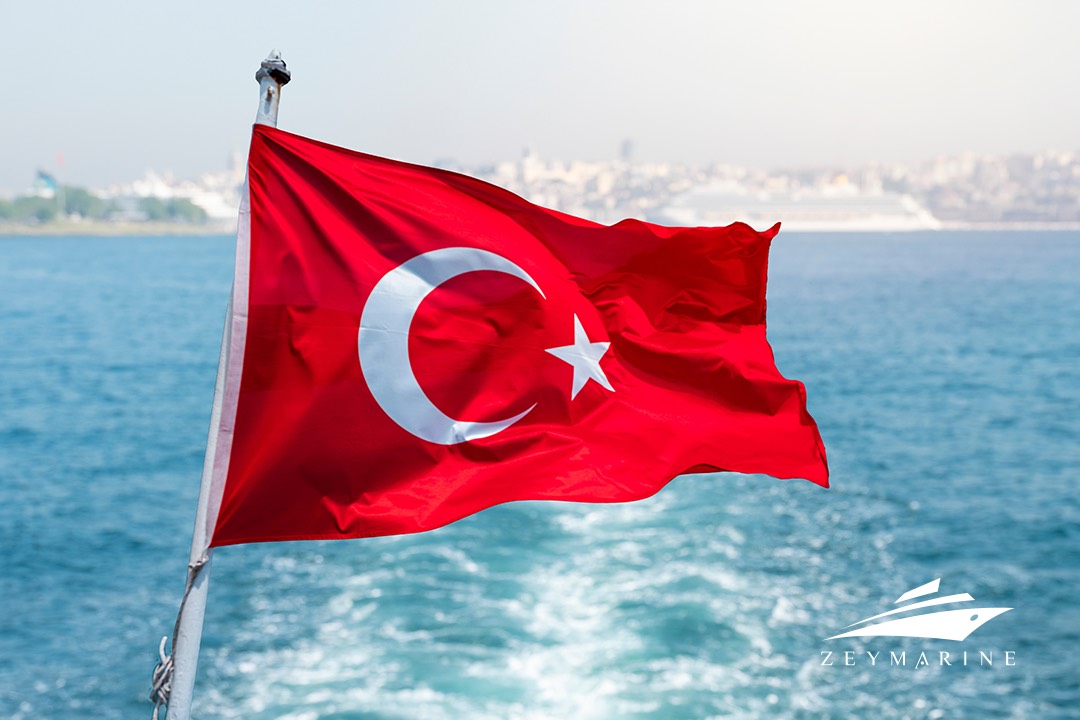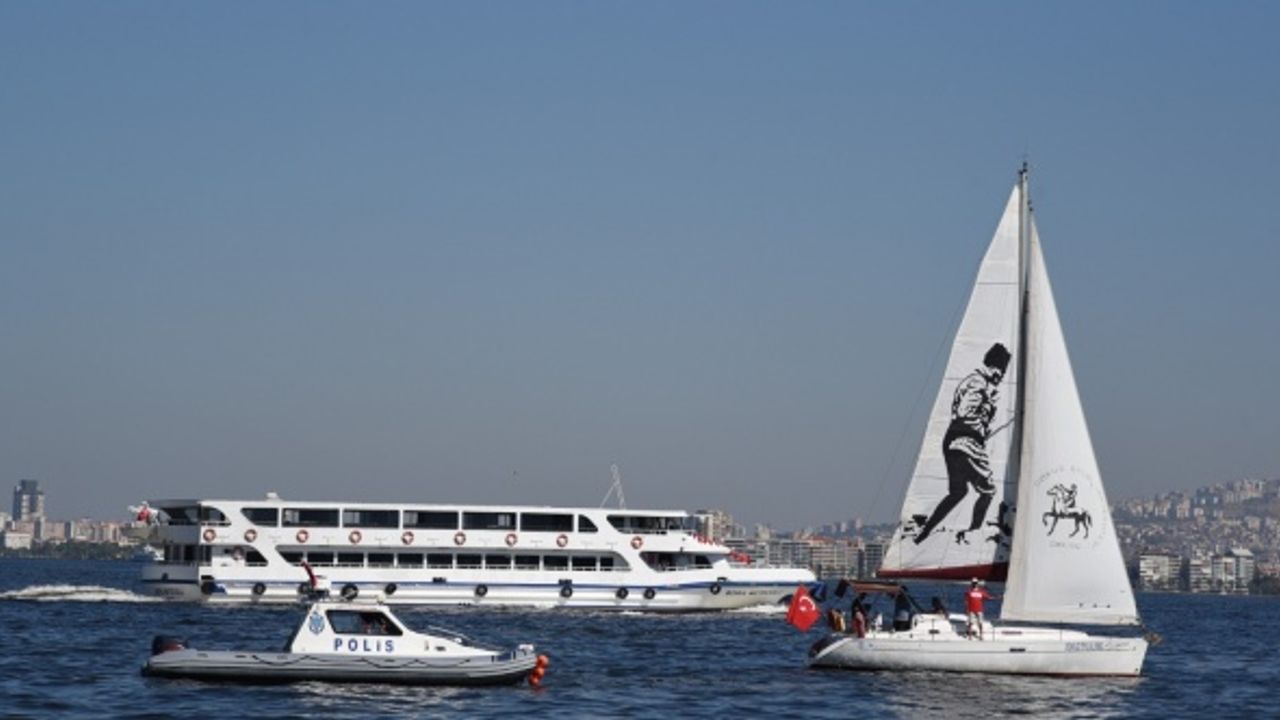For Turkish people, 1 July is not just any day; it’s the major celebration known as Cabotage Day, a colourful tribute to maritime sovereignty celebrated with devotion.
What is Cabotage?
The word “cabotage” may conjure up images for those who are unfamiliar with it. However, the term which comes from the French “caboter” (to cruise along a shore), captures a significant period in Turkish history. It can be described as a right for a country to operate in a selected territory.
Turbulent History of Turkish Maritime
The Ottoman Empire granted foreigners the ability to capitulate and engage in associated professions as a result of its surrender policies which were known as capitulations. The operations of the ships that belonged to Ottoman corporations therefore continued to be extremely restricted. Prior to the First World War, the Ottoman Empire possessed a commercial fleet with a maximum capacity of a little more than 100.000 tonnes. However, due to the sunken ships, the fleet’s tonnage shrank to 35,000 tonnes.
The marine economy of the Ottoman was entirely destroyed with the capitulation of the Straits. Military and commercial naval power, even the fuel to be utilized, and the distribution of naval personnel were severely influenced.
Republic and Cabotage
The foundation of the new republic was also a turning point in Turkish maritime history.
History demonstrates that post-Ottoman Turkey was a state that aimed to redraw its borders and reclaim its independence. During this period of geopolitical rebirth, the sea was an important border. Under Mustafa Kemal Atatürk’s leadership, the Cabotage Act was enacted, which was a clear call to economic independence and maritime superiority. Turkey strengthened its economy and ingrained a marine ethos that still permeates the country’s consciousness by regaining control of its waterways from foreign domination.
The Ottoman Empire lacked any rights to cabotage. However, capitulations were abolished by the Lausanne Treaty, which was signed on July 24, 1923. Turkey was able to obtain the privilege of cabotage. Given that Turkey is primarily a peninsula with more than 8000 kilometres of coastline, this presented a significant potential for Turkish marine.
Cabotage Day, also known as “Kabotaj Bayramı”, honours the 1926 passage of the Turkish Cabotage Act, a legislative wonder that securely returned maritime authority to Turkish vessels after it had been taken from foreign hands.
1 July
Cabotage Day is a significant statement of national identity and self-determination, and its significance goes beyond festivity. Cabotage Day serves as a poignant symbol of the resilient spirit of a country taking back its history in a time whilst globalization erodes cultural differences. Once a route for conquerors and empires, the Turkish waters are now praised as strongholds of independence and the engine of the global economy.
Cabotage Day also highlights Turkey’s mutually beneficial ties with its maritime borders. Its waterways are not just geographical borders but also vital hubs for trade and culture because of the nation’s advantageous location at the meeting point of Asia and Europe. It is a reminder of the waters’ crucial role in Turkey’s past, present, and future.









